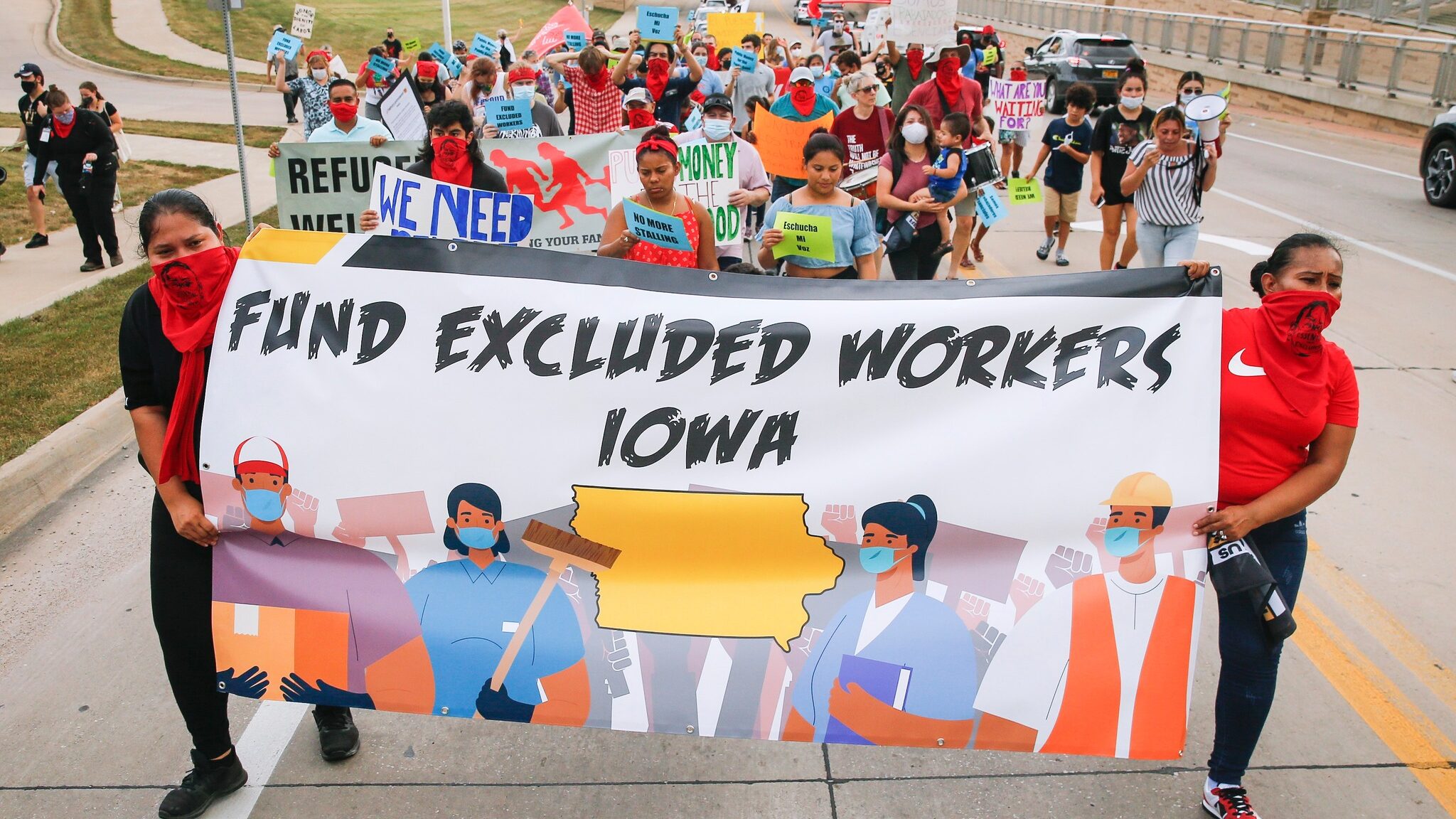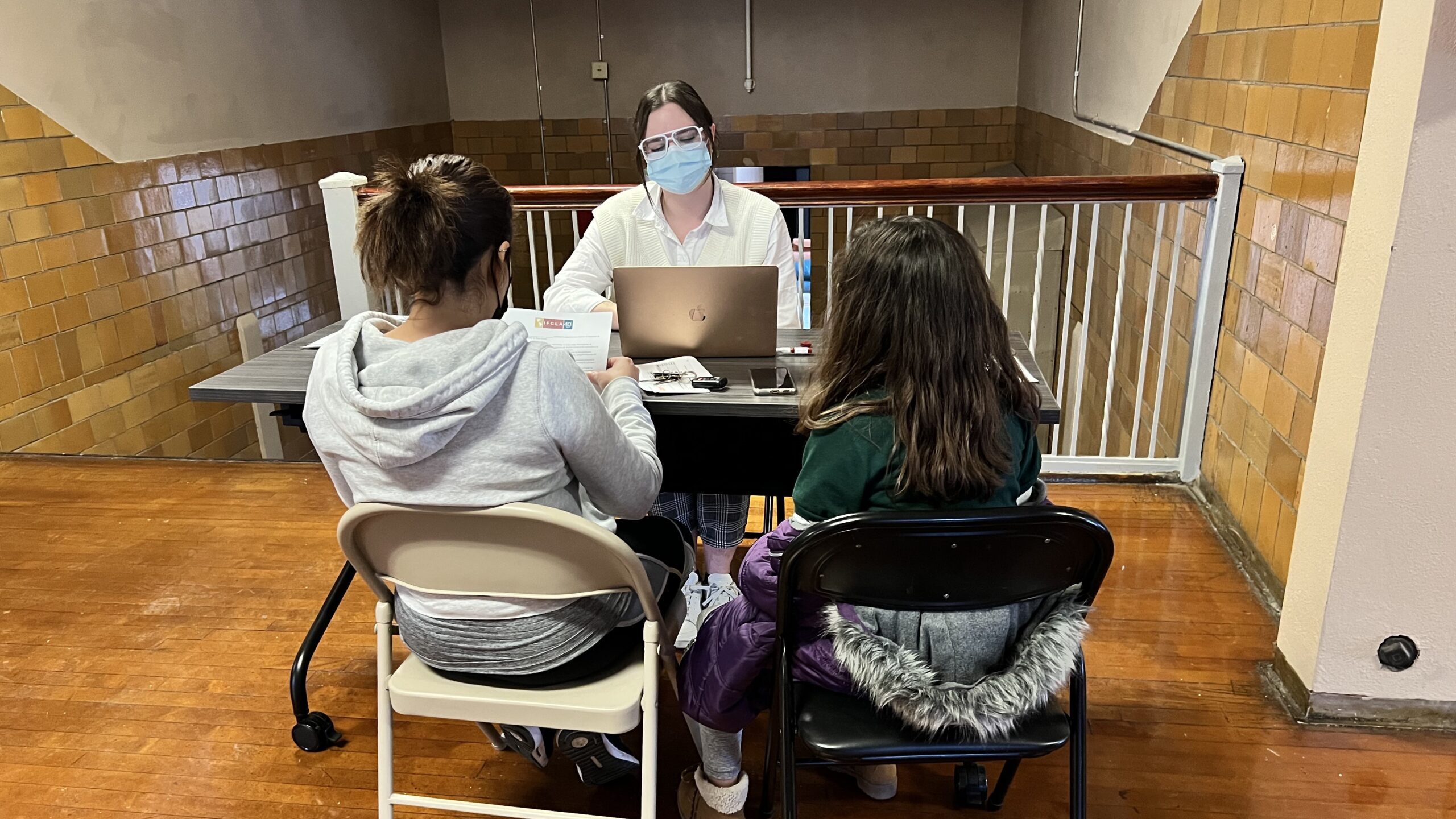Iowans Fight For and Win Support for Utility Bills
Chloe2022-11-09T21:55:50-05:00
Project Overview
After more than a year of organizing and agitating by Escucha Mi Voz West Liberty members, the West Liberty City Council voted in November 2022 to invest $150,000 of their American Rescue Plan Act allotment into community needs.The $150,000 appropriation includes $120,000 for utility relief of $400 for 300 households.
Organizing Wins
City staff and attorneys resisted council’s attempts to create an Excluded Worker Fund, leading to five former city councilors signing a letter demanding the former mayor resign. The utility relief plan was proposed as an alternative by the West Liberty Economic Development Association and almost instantly adopted by staff and council. The vote by City Council in November 2022 was backdropped by a standing-room-only crowd of dozens of West Liberty immigrant workers, meatpacking plant workers, and farmworkers, six of whom delivered public comments in Spanish about the impact the pandemic had on them and why they needed relief. “This is happening because we fought and won relief,” said Edgar Velasquez, a grocery store worker and West Liberty homeowner. “But it doesn’t matter what the city promises, only what they do. Together, we will make sure this money gets into the hands of the people.” Escucha Mi Voz members say they will work with the West Liberty Ministerial Association to distribute the promised utility relief as soon as it’s available.
Equity Goals and Outcomes
“Since 2021, Escucha Mi Voz West Liberty members knocked on doors and organized meetings, marches, and public speak-outs to pressure the city of West Liberty to create an Excluded Workers Fund for immigrant workers ineligible for previous federal relief payments. In summer 2022, when utility bills began to skyrocket due to inflation, the group’s members started bringing copies of their utility bills to city council meetings as an example of why they needed relief.”


